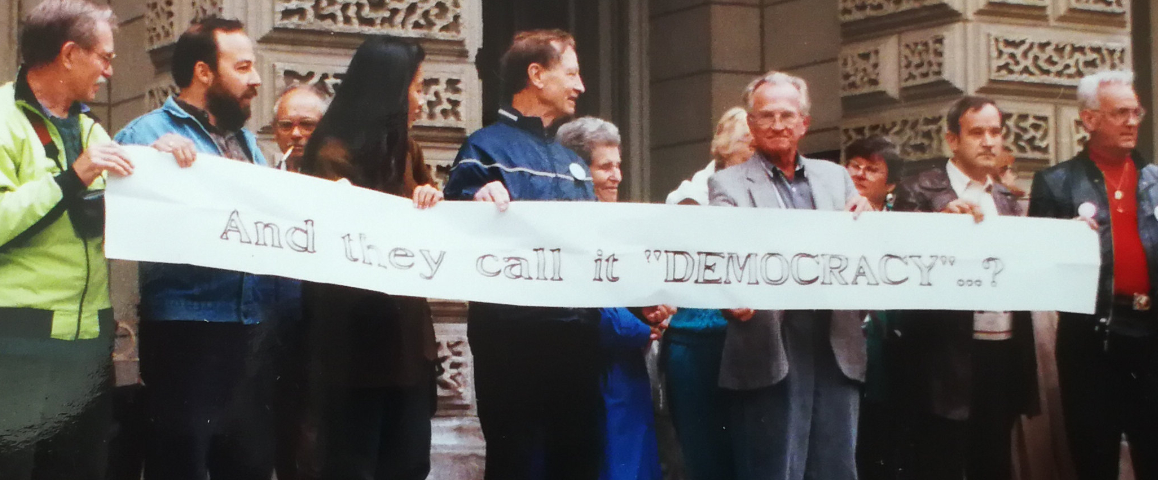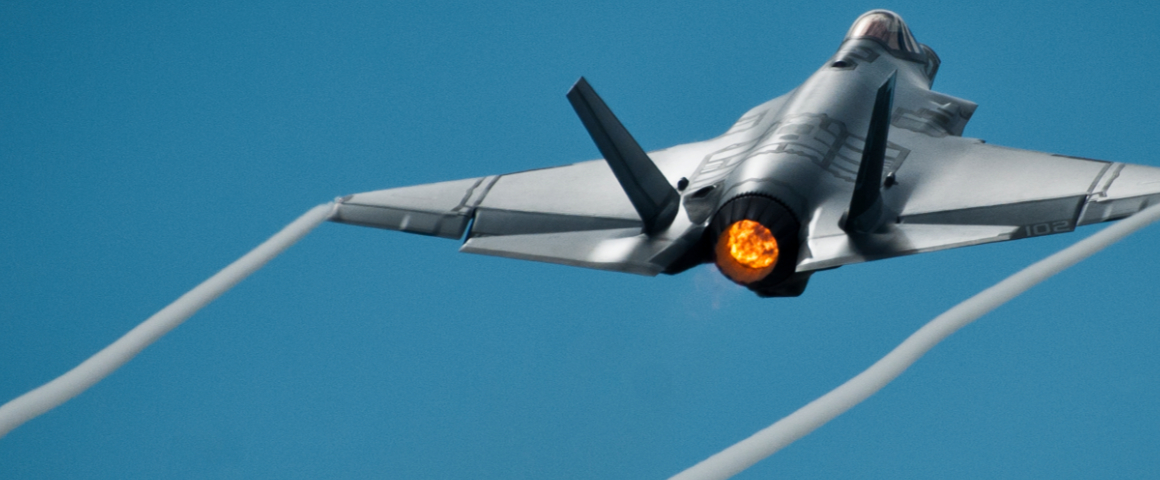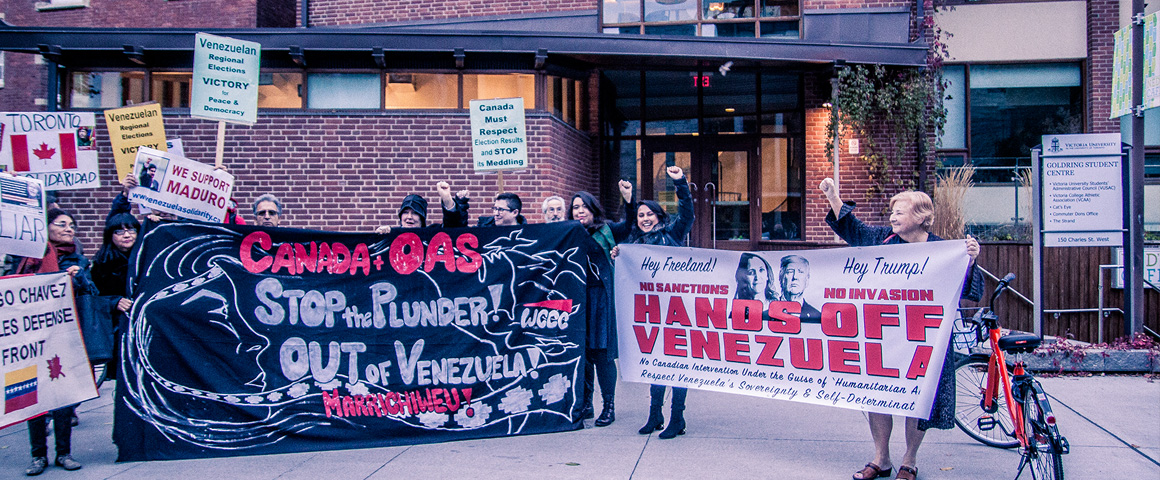The suspension of the Intermediate Nuclear Forces (INF) treaty, first by the United States and then by Russia, is an ominous signal that the danger of nuclear war remains very real. This dangerous development was triggered by Donald Trump’s decision to scrap the INF treaty, which limited the expansion of nuclear missiles by the US and Russia. The immediate result is particularly menacing to Europe, where the US and its NATO allies are pushing ever closer against the borders of Russia. But the wider threat is that this move will fuel another nuclear arms race, at a time when the world desperately needs to tackle the problems of climate change and mass poverty.
The INF treaty was achieved during the Cold War, when the Soviet Union put forward broad peace initiatives aimed at détente between the two superpowers. The signing of the treaty was followed by the scrapping of thousands of missiles on both sides, leading to hopes of a “peace dividend” if the arms race and militarism could be reversed. But the INF was not just a decision by politicians. It was won by years of mass demonstrations in response to the US move to deploy nuclear armed “first strike” Cruise missiles in western Europe and Canada. Over 100,000 people marched every year across Vancouver’s Granville Street Bridge, the largest anti-Cruise protests in Canada, and protests were even bigger in Europe.
NATO’s militarist plans raised the prospect of a third European war in less than a century, with potentially catastrophic costs for humanity. By pulling out of the INF, Trump has again pushed the world closer to the brink, and the real US target may be its economic and military rival, China. This danger calls for a massive response by anti-war movements when NATO’s annual summit comes to Washington in early April.



